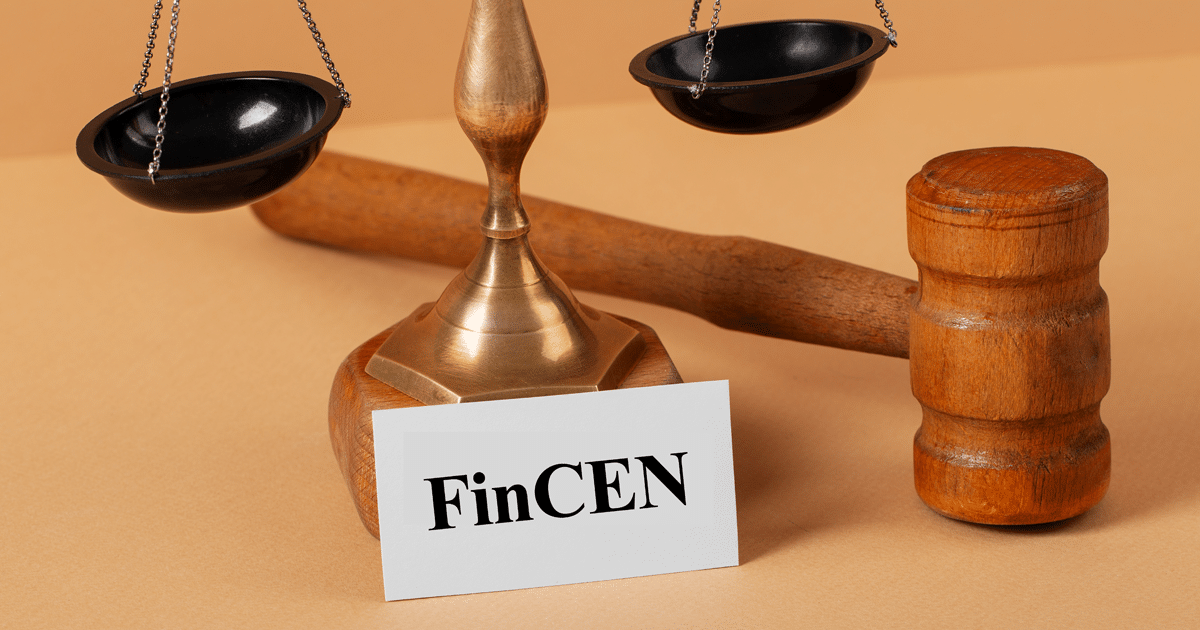What is a Trust?
March 3, 2021
Understanding Trusts
Welcome back, everyone, to the series again. Today we’re talking about trusts. This is another video in our series for Trustees and Understanding Trusts Better. So today we’re talking about what is a trust. We’re going to start with some basics.
So, first of all, a trust is an agreement between two people for the benefit of a third person. OK, so if I were to say to you, hey, will you hold my phone for me? And I’m reaching out here and I’m going to hand you my iPhone because I want you to hold it. But there’s going to be a catch like I don’t want you to hold it. I’m not giving it to you for you. I’m giving it to you to hold for someone else. Let’s just say there’s another person sitting in the room. And so I would say, look, here’s the deal. I don’t want to give it to them straight away for whatever reason. I want to give it to you to hold for them. So I’m going to entrust you with my phone for the benefit of a third person. So this is really a trust. Trust is a contract. It’s a special kind of contract.
Trustees & Beneficiaries
It’s an agreement between two people to hold some property for the benefit of a third person. Really important to understand those fundamentals. You got to have three people. And we want to use the same language and how we call them. First of all, there’s the guarantor of the trust. I’m the guarantor handing you my phone. I’m entrusting the phone to you. You’re my trustee, OK? And it’s all for the benefit of a third person. They’re my beneficiary.
OK, so we always have three players in a trust and there can be multiple people in certain roles. But there’s always going to be at least one guarantor, at least one trustee and at least one beneficiary. And there always has to be some stuff, some property that goes along with it. So agreement between two people to hold property for the benefit of a third person.
And it’s really a beautiful thing because you can as a guarantor, I could write specific custom terms like you can give the phone to my beneficiary when my beneficiary turns age twenty five, or you can hold the phone and give them income for a long period of time and then when they turn twenty five they get the whole phone. If the phone were to be an income producing asset. Right.
So it’s a great tool to be able to allow someone to act on your behalf as a not an owner of the asset, but like a fiduciary or a caretaker. Think of the trustee as a caretaker because they’re on title, but they’re really not the owner of the asset. The beneficiary gets the benefit of the asset. Right. And so when you’re thinking about what a trust is, you always got to think of those three roles.
The trust agreement governs that and then whatever property is in the trust.
And so it’s important to contrast that with a will.
Difference of Trust vs. will
It’s a little bit different, like a will just simply transfers assets out of my name. And so when you when you’re looking at will based administration, a will is just going to say whatever assets are in my name, go to these people and this person is going to handle that for me, that’s called my executor. If you haven’t watched my video on what a will is or what an executor does, I would check those out before you even finish this video because it’ll really help you understand what a trust is and a trust it’s only or a trustee, rather, is only going to control assets that are in the trust. And the trust assets are not in my name. Right.
So if I have assets in my name with real property or assets more than $166,250 here in California and they’re in my name, then the probate court is going to supervise the transfer of those assets to the beneficiaries that I name in my will. But this is the you call it a loophole, but it’s not just it’s just law. If I move those assets out of my name, remember, just like I was giving you my phone, if you hold those assets for me and I pass away, those assets are not in my name, they’re in my trust. I’m effectively telling the government, I don’t need you to supervise my affairs. I don’t need you to supervise my estate. I have someone I trust that will handle that for me. They will be my caretaker and they don’t need to be supervised by the law. They’ll do the right thing when nobody’s looking. And that’s what a trustee really is and that’s what a trust really is.
Trust Administration instead of probate
And then we get to do trust administration after someone passes away instead of probate where it’s private, it’s much faster, you’re talking six months, maybe much more flexible. Gives the trustee a lot of flexibility in terms of timing and liquidation of assets. We still do the fundamental same jobs, collect assets, pay off bills and transfer the balance to the beneficiaries once somebody passes away, but it’s done in a much more convenient environment and structure.
So again, that’s our video on basics of what is a Trust, we’re going to have another video coming up on what does a trustee do where I’ll dive into those steps in a little more detail. So stay tuned.


